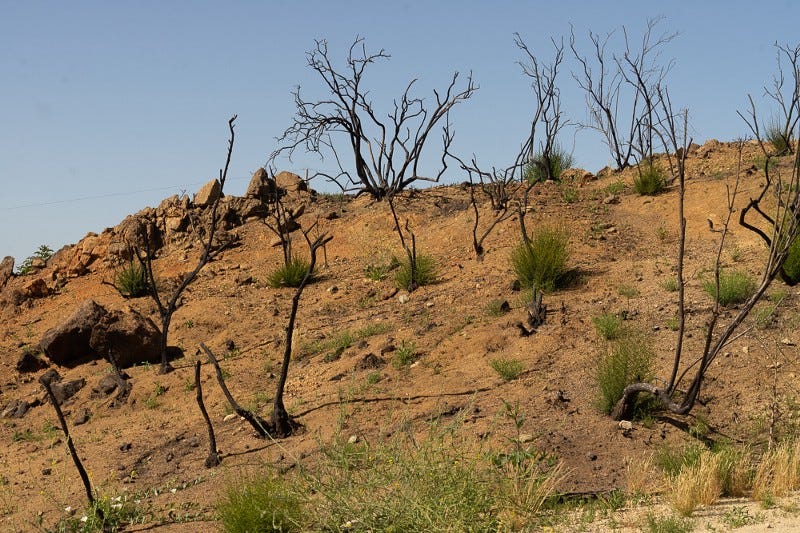Climate Ethics
This is the first in a series of articles on climate ethics. The climate crisis is primarily an ethical failure of humankind. In a recent…
This is the first in a series of articles on climate ethics. The climate crisis is primarily an ethical failure of humankind. In a recent poll, two-thirds of Americans said the federal government is doing too little to reduce effects of climate change. In an international poll, global heating came out as the top threat in 13 of 26 surveyed countries. We know the climate crisis is real, that it’s caused by human actions, and that it’s a major threat to Earth and the economy.
The problem is that we’re not doing much about it, and may not be willing to do much until climate impacts become a lot worse. Seventy percent of Americans in a recent poll said they would vote against a $10 monthly climate fee added to their power bill to deal with the climate crisis. As we will see in a later installment of this column, the costs of reducing climate impacts to the point where we keep global heating to less than 2˚ C will be much higher than that.
There are many moral and ethical dimensions to the crisis. There are the equities between the rich and poor, between developed and developing countries, between those alive now and future generations, and between humans and other animals. Who is most affected? Who has responsibility to fix the problem?
I, almost alone, prefer a distant-future perspective because it lets us see some important issues more clearly. What will future humans in the year 3030 see when they look back at 2020? They will live on an Earth that is very different physically from our Earth of today. The climate will have been stabilized, but the planet will be hotter, with more extreme weather events like hurricanes and droughts. Sea levels will be several feet higher. Many of our animal and plant species will be extinct.
We also need an international perspective to deal with this global problem. Right now, the U.S. is the worst actor, and cleaning up our act would help a lot. But getting the U.S. house in order climate-wise is a necessary but not a sufficient condition for solving the crisis. The Paris Agreement is just a first step toward the type of international cooperation that’s needed. We must get together and figure out a way to help developing countries deal with global heating while growing their economies.
Seen from the 3030 perspective, the climate crisis will be the most important event in human history. What we, as humans on this planet, do about the global heating in the next decades will affect folks in 3030 more than anything else in the history of our species.



